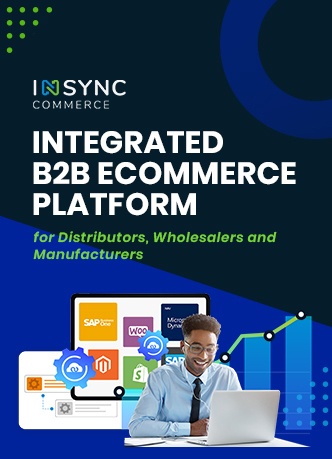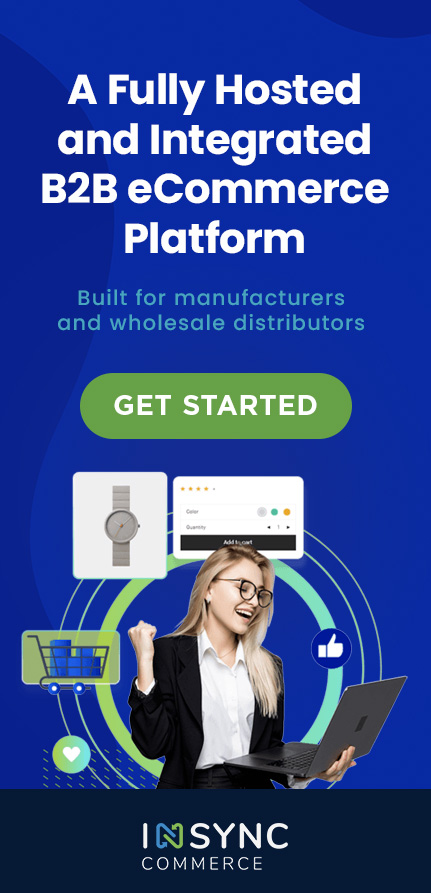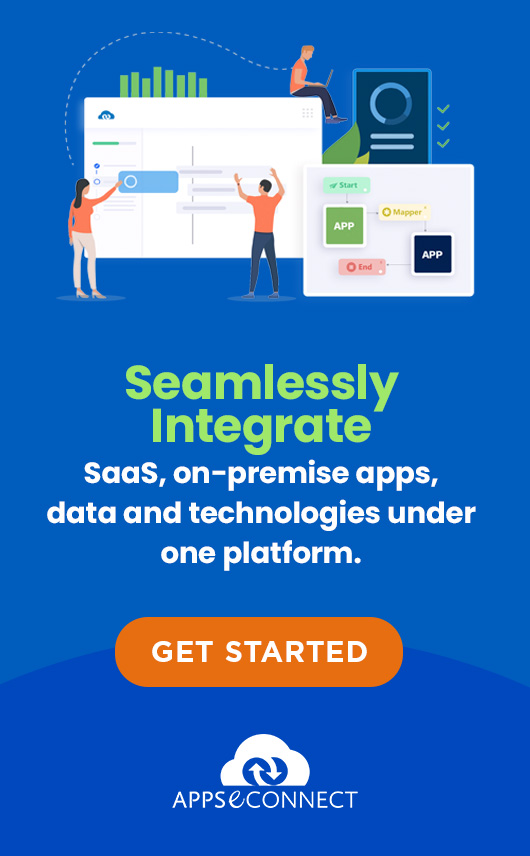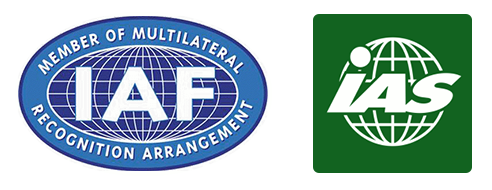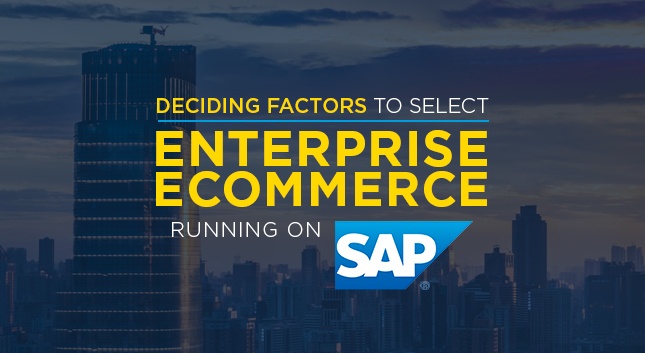
Considerations before deciding an E-Commerce Platform for Enterprises Running on SAP R/3
Summary
SAP Enterprise customers often need an Ecommerce Solution which can help the organization reach out to their potential end customers. Given SAP’s wide range of features and possible configuration, the e-commerce platforms suitable for SAP integration must be capable of handling business scenarios and integration framework that SAP provides. You can Gain a Competitive Edge with an Integrated SAP eCommerce Solution. More than that, SAP eCommerce solutions should be scalable enough and should have the capability to complement the enterprise features that enrich the user’s experience and add value to the web ordering process. This article brings out the key points to ponder before deciding which E-Commerce platform to go ahead with.
Article
E-Commerce solutions has opened the doors to the new economy where you can reach customers worldwide. Many organizations have invested time and money to get that edge which SAP provides in terms of getting information seamless across the enterprise under one single window. SAP has been traditionally weak in e-commerce and content management system. SAP Web Channel Management till recently has been the only solution in this area and its success has been limited. The recent acquisition of Hybris has added more fuel to the discussion on which e-commerce platform is suitable on top of SAP R/3 backbone. If you are looking to launch multi-channel ecommerce on top of your ECC box, then the following are points that you may have to consider.
Integration Capabilities (RFCs + IDOCs)
SAP provides inbuilt features for catalog creation, distribution along with pricing, texts and multimedia. These data exchanges are handled in the form of either real-time API calls or via the batch message-based communication in the form of IDOCs. However, all e-commerce solutions do not have mature APIs which can leverage the standard data exchange and make the most of SAP’s integration capabilities and make it bi-directional.
Promotions / Discounts / Offers
Online sales are driven via offers and discounts. In most cases, you would have them come from SAP. However, different e-commerce platforms have varying capability in handling offers and discounts. You should be able to flexibly set up promotions as easily as you would do set condition records in SAP.
Multi-Currency / Multi-Language
SAP gives you an option to create multiple product catalogs across product divisions. However not all e-commerce packages have this feature. For some companies, this may be an important consideration as they may not want to have individual e-commerce instance for each catalog.
Content Management and SEO optimization
To complement SAP Business One enterprise feature, the eCommerce platform must have a rich content management system so that you can create a user-friendly interface and change it with seasonal promotions and offers that reflect current scheme of things. Search engine optimization ensures that the platform is able to generate traffic especially if you are looking for a B2C setup.
Multi-Website Feature
SAP gives you an option to create multiple product catalogs across product divisions. However not all e-commerce packages have this feature. For some companies, this may be an important consideration as they may not want to have individual e-commerce instance for each catalog.
Availability / Dependency on SAP
E-commerce stores are meant to be online 24 X 7 even if you have SAP downtime. Therefore, your eCommerce store must be self-sufficient even if SAP is not up for a limited period of time to handle orders, intra-day inventory and customers.
Administration and Analytics
SAP provides insight into sales and has many reports which can give you insight into order to cash cycle. However, e-commerce specific parameters like traffic and web analytics may be an important addition to reports that you may need.
Cost and Timeline
Everything apart you may have your own budget and timeframe. Solutions like Hybris and ATG have a higher total cost of ownership than other choices like Magento or Prestashop.
Conclusion
E-commerce platforms vary in their capability to integrate with SAP and provide a comprehensive platform for web ordering for enterprises. It is important to evaluate the features you may require on your web store and factor in the requirements that may possibly evolve in the future to make a deciding call. This along with the budget and timeline may help you to decide amongst the various options.
Now, you can easily integrate your SAP All-In-One with Ecommerce, CRM and other Business Applications to automate your business process!

You may also like:
Magento eCommerce and SAP ECC Integration
Replicate SAP ECC Items as Web Product in eCommerce catalog



